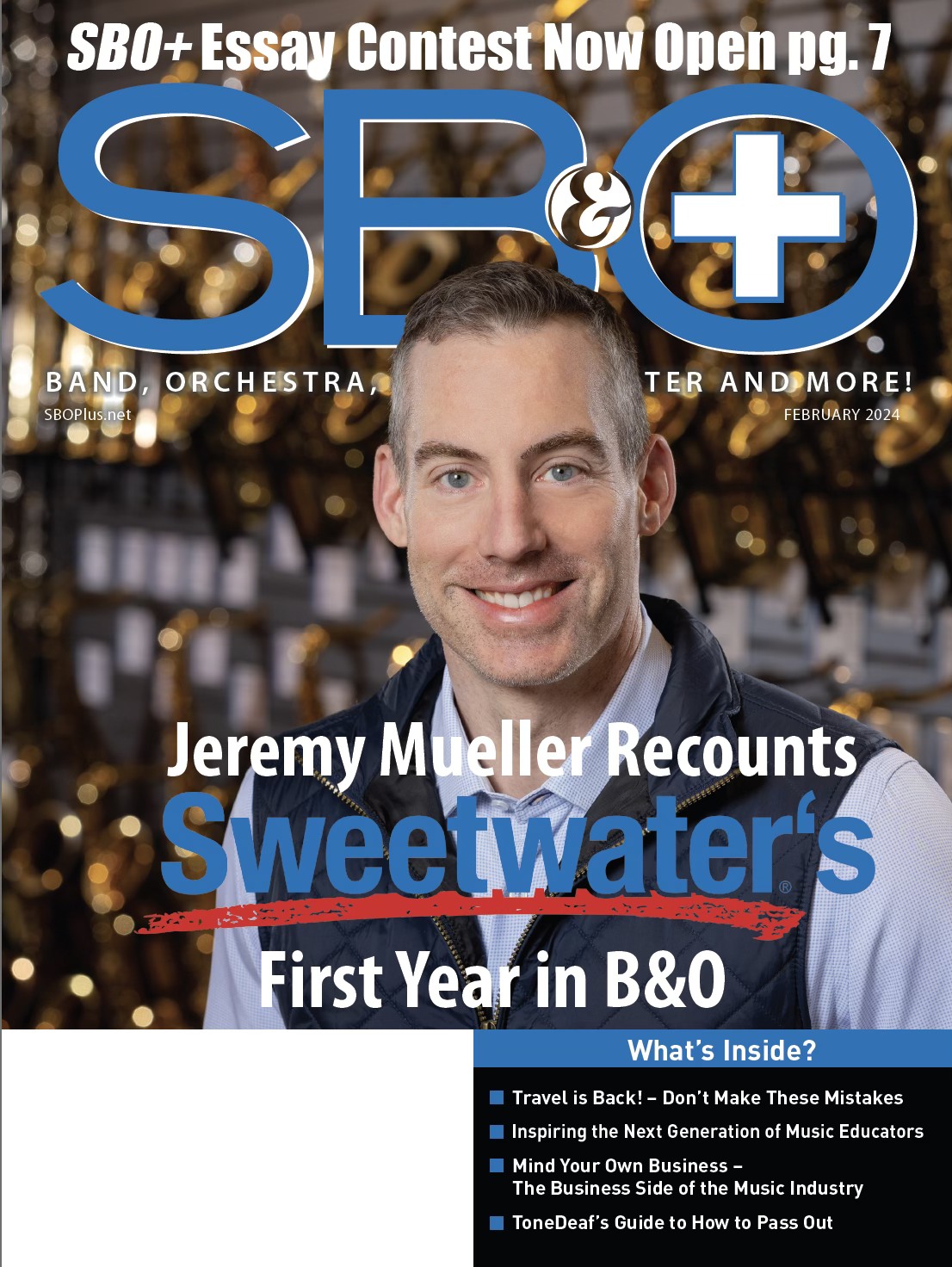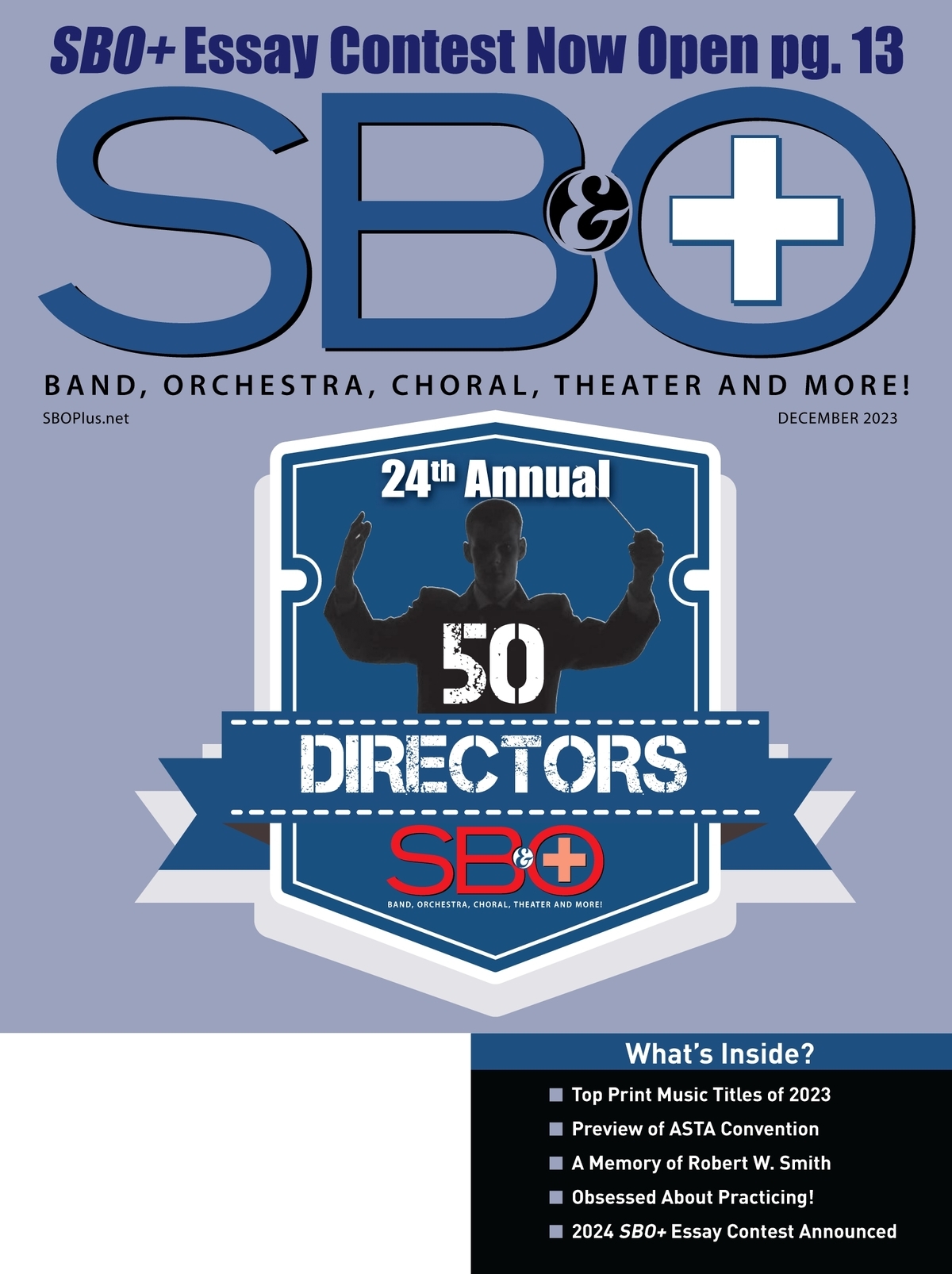EDUCATORS SUBSCRIBE FOR AS LOW AS $0.00! CLICK HERE!
-

Celebrating 40 Years of El Sistema
Mike Lawson | March 9, 2015
Read More...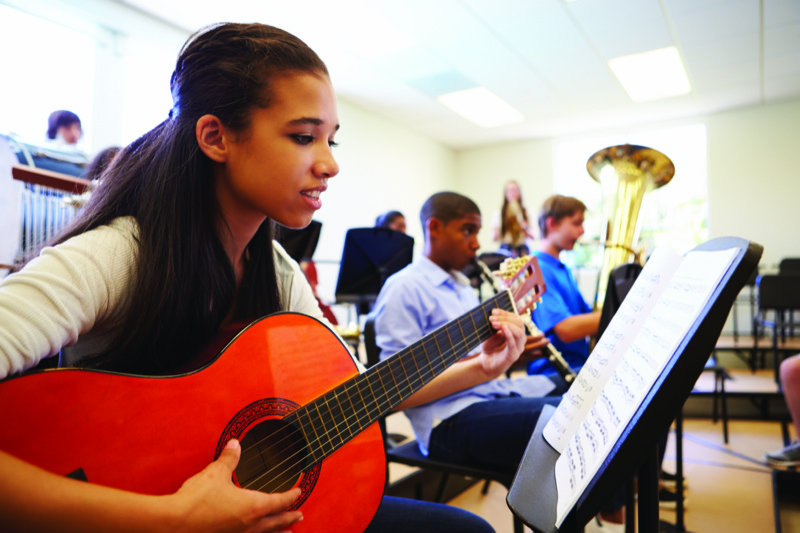 February 2015 was set aside to celebrate the 40thanniversary of the original El Sistema program. In the mid 1970’s, Dr. Jose Abreu first birthed the idea of using music to powerfully affect change. Through the years, this idea has taken hold in the hearts and minds of not only the lives he impacted directly, but throughout the international community, and resonates with believers in the power of music everywhere.
February 2015 was set aside to celebrate the 40thanniversary of the original El Sistema program. In the mid 1970’s, Dr. Jose Abreu first birthed the idea of using music to powerfully affect change. Through the years, this idea has taken hold in the hearts and minds of not only the lives he impacted directly, but throughout the international community, and resonates with believers in the power of music everywhere. -

Up Close: Henry Panion, III
Mike Lawson | March 9, 2015
Read More...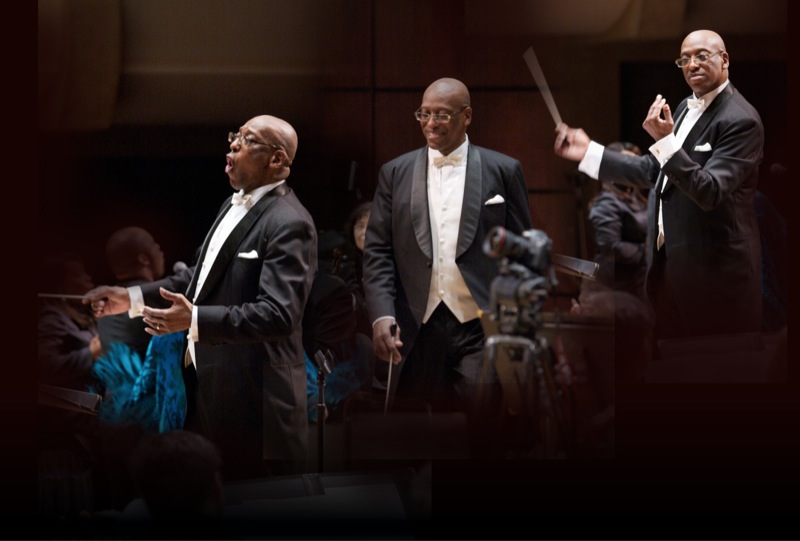 From Gospel to Classical, Pop to Rock, Hip-Hop to Be-Bop, the illustrius career of Henry Panion, Music Educator.
From Gospel to Classical, Pop to Rock, Hip-Hop to Be-Bop, the illustrius career of Henry Panion, Music Educator. -

In the Trenches: How to Take Ownership of an Audition
Mike Lawson | March 9, 2015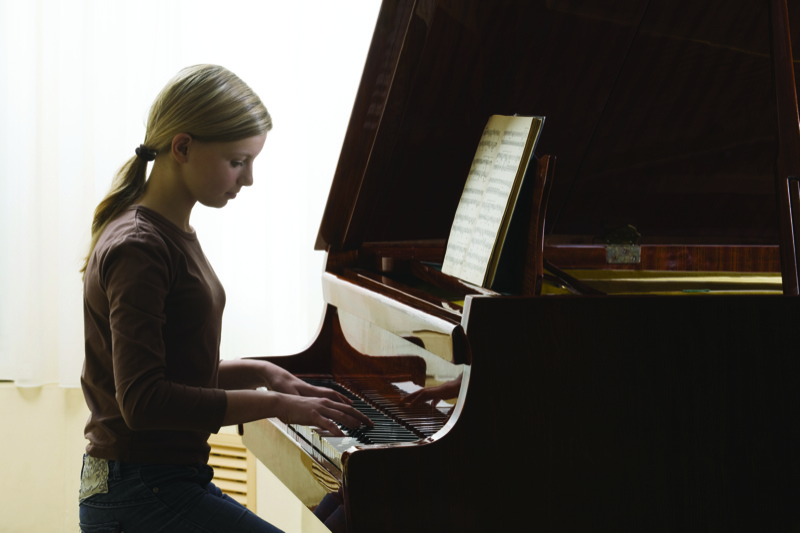 What to say to your students before they audition...
What to say to your students before they audition...How many times have you come out of an audition feeling that you played poorly in spite of having “done all the right things” to prepare for a successful outcome? This is obviously a frustrating experience that many of us share and when one finds this to be a commonplace occurrence, often times the resulting position that is adopted yields the phrase “I don’t audition well.” Let’s look at some of the common approaches to preparation and examine some alternatives.
Read More... -

Encouraging Composition in the Secondary Instrumental Ensemble
Mike Lawson | January 26, 2015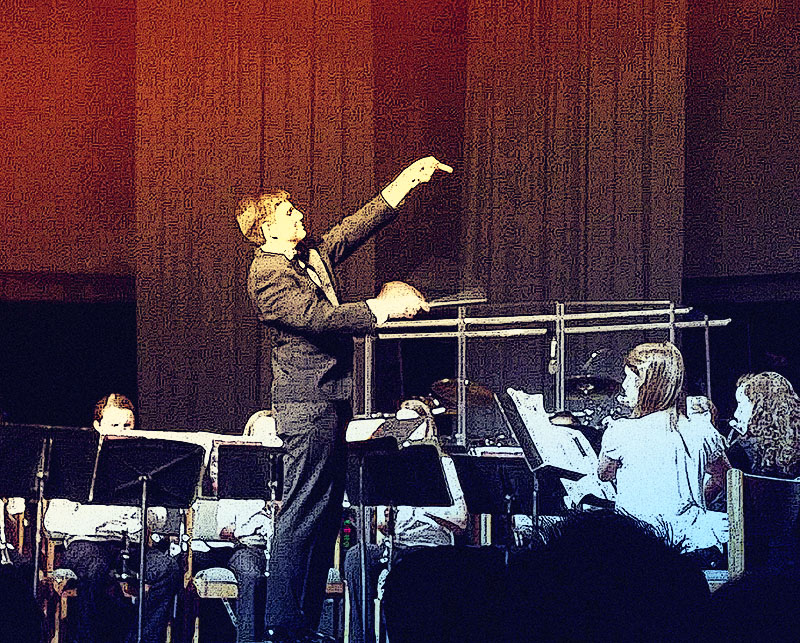 A Conversation with Alabama’s Prodigy Composer and Conductor
A Conversation with Alabama’s Prodigy Composer and ConductorMusic is often cited as one of the few avenues through which students are able to exercise creativity or “exercise their creative muscle,” yet those musical activities requiring imagination and ingenuity or that spark creativity - improvisation, arranging, and composition - are too often absent from the “conventional” ensemble experience. The exclusion of these worthwhile pursuits is often rationalized by a perceived need to devote all available instructional time to the preparation of performance literature. Perhaps instrumental music educators also feel that their own, often limited, experiences and training in improvisation, arranging, and composing disqualifies (or “precludes”) them from competently addressing these skills.
Read More... -

Technology Tools to Help Orchestra Students Develop Critical Thinking Skills
Mike Lawson | January 26, 2015
Read More... When I was a student, my teachers always stressed the importance of listening to myself in order to improve. I will admit that the thought of it wasn’t always pleasant, but once I got over the initial shock of listening to myself, I realized that recording oneself (or one’s group) is one of the best tools available for learning. Now, how do we do the same with our students? How do we teach them the critical thinking skills that go along with listening to themselves and making adjustments?
When I was a student, my teachers always stressed the importance of listening to myself in order to improve. I will admit that the thought of it wasn’t always pleasant, but once I got over the initial shock of listening to myself, I realized that recording oneself (or one’s group) is one of the best tools available for learning. Now, how do we do the same with our students? How do we teach them the critical thinking skills that go along with listening to themselves and making adjustments? -

Private and Small Group Lessons in the School Band Program
Mike Lawson | January 26, 2015
Read More...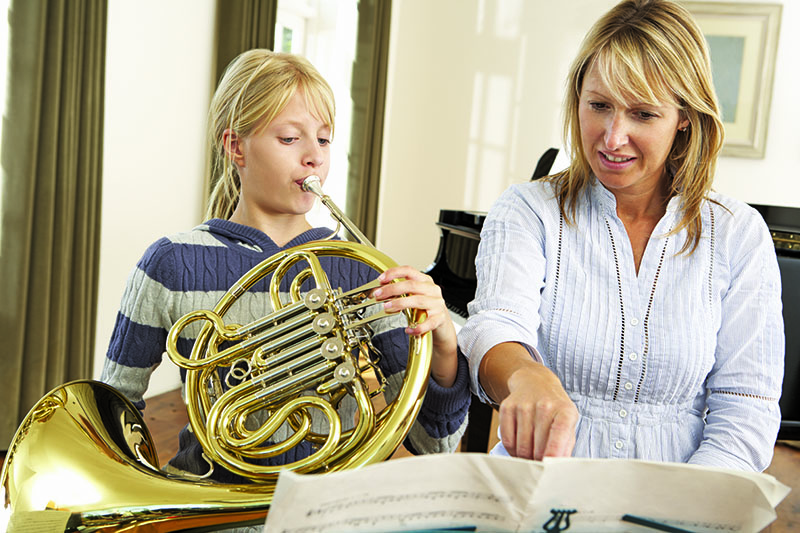 Private teachers can play an important role in the development of young musicians by providing instrument-specific instruction, modeling technique, and monitoring progress. However, it is sometimes challenging to engage qualified instructors due to cost or a lack of professional musicians in the area. Nonetheless, there are several ways directors can foster individualized instruction among their students.
Private teachers can play an important role in the development of young musicians by providing instrument-specific instruction, modeling technique, and monitoring progress. However, it is sometimes challenging to engage qualified instructors due to cost or a lack of professional musicians in the area. Nonetheless, there are several ways directors can foster individualized instruction among their students. -

Report: 50 Directors
Mike Lawson | December 9, 2014SBO Presents the 17th Annual 50 Directors Who Make a Difference

SBO’s 17th annual “50 Directors Who Make a Difference” highlights some of the best music educators across all fifty states. These outstanding band and orchestra directors were nominated by our readers, including current and former students, colleagues and peers, parents, and others who’ve had a wonderful experience with the music programs put on by these amazing teachers. SBO asked each teacher the same three questions, including their proudest teaching moments, how they hope to make a difference in students’ lives, and to tell us what the most important lesson they try to teach each of their students is. Their answers are as varied as the geographic locations of these music programs. We found the responses to be inspiring, thought-provoking, and insightful, and think you will, too. And now, SBO proudly salutes the 2014 class of 50 Directors Who Make a Difference!
Read More... -

UpClose: Franz Welser-Möst
Mike Lawson | December 9, 2014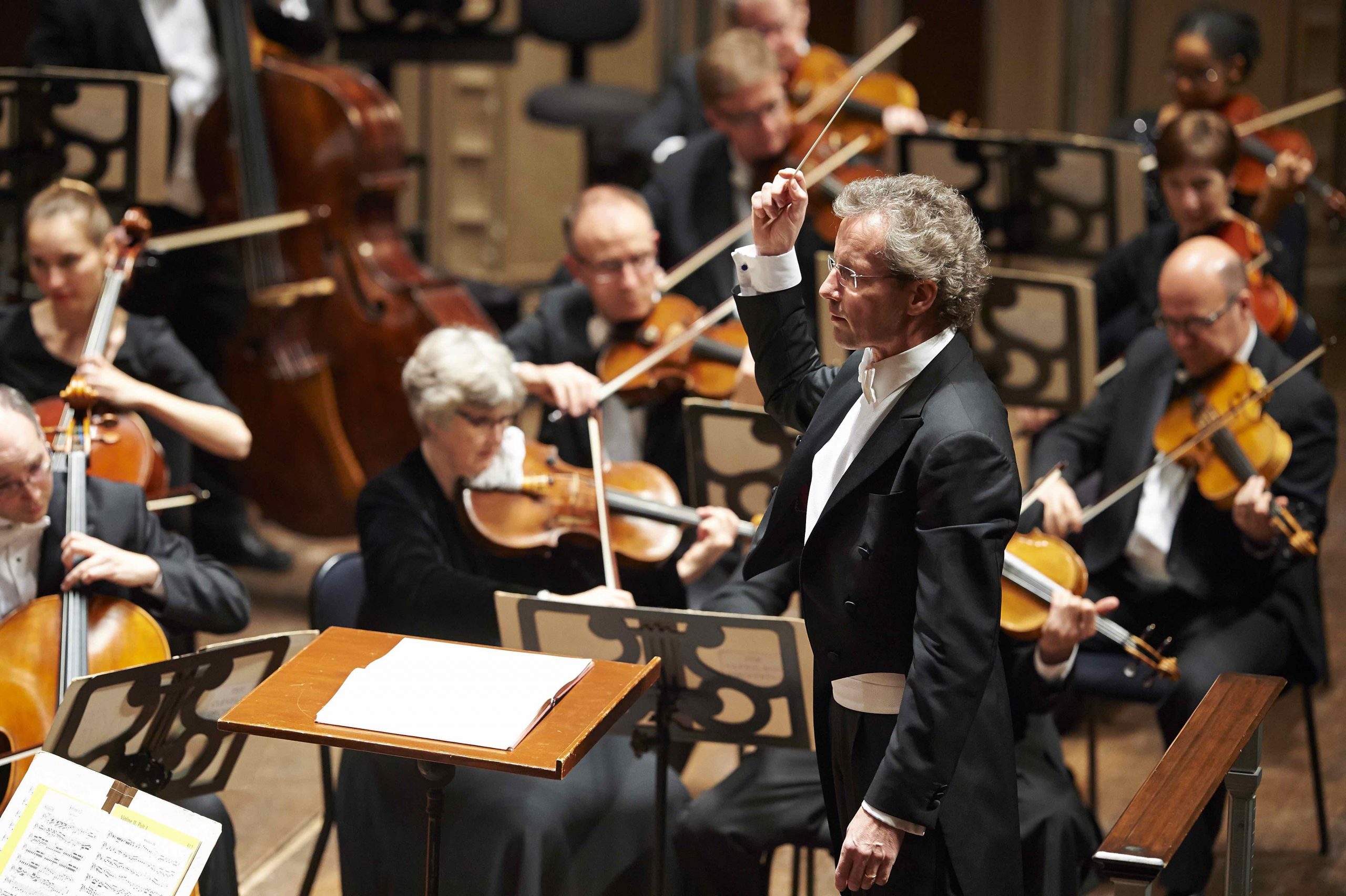
The Cleveland Orchestra - Bridging the gap from the concert hall to the community
Given the widely publicized financial hardship in recent years at renowned classical music institutions across the U.S. — including orchestras and opera houses in Philadelphia,New York, San Francisco, Detroit, St. Louis, Nashville, San Diego, and a host of other locations — there is a clear imperative that these organizations must adapt in order to survive. Faced with shrinking audiences and an aging fanbase, the institutions that have remained successful are the ones that have put a renewed emphasis on their social mission: their dedication to reach out to schools, to young people, and to the communities in which they reside.
Read More... -

UpClose: Julie Bounds
Mike Lawson | November 23, 2014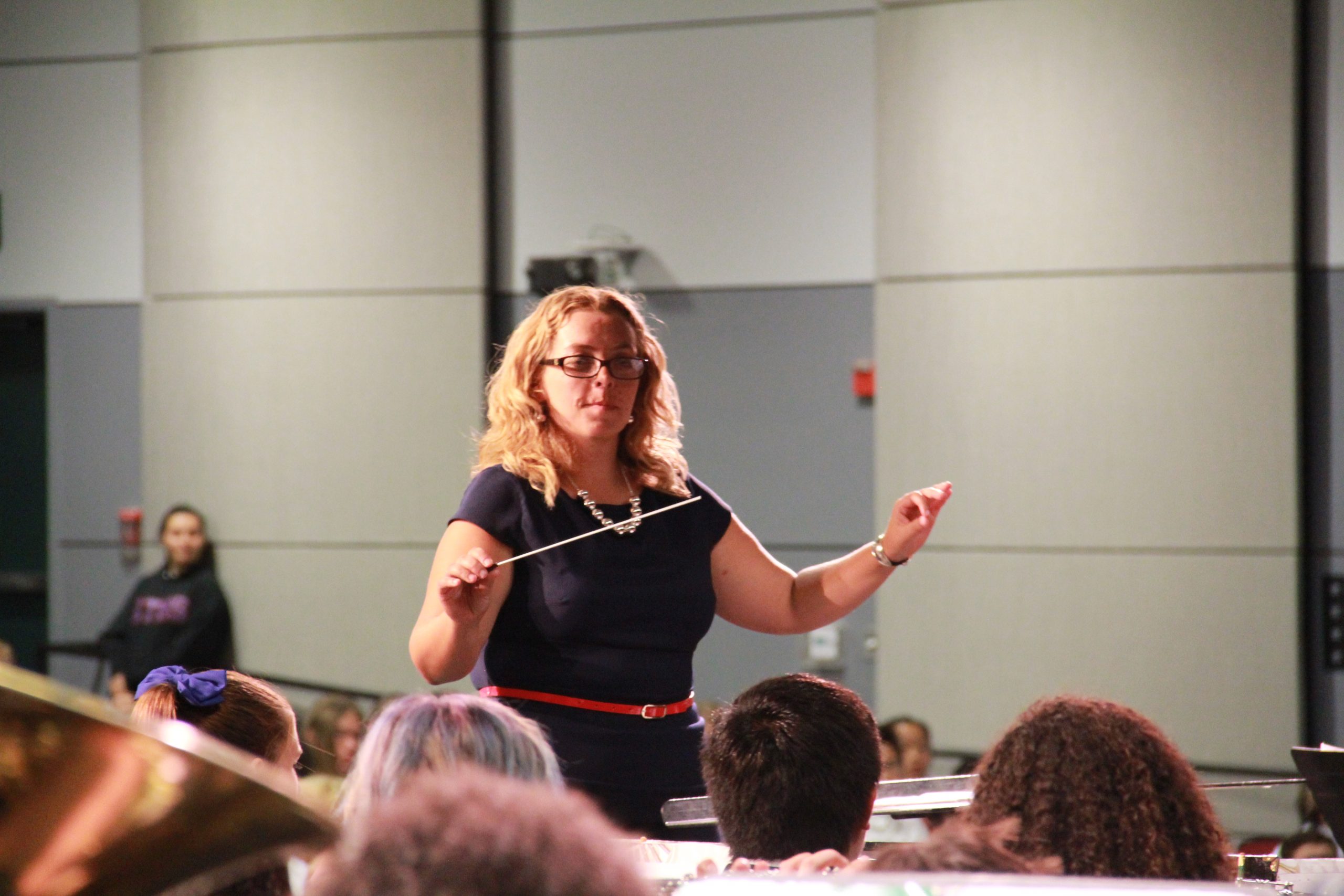 Building A Band Worth Being A Part Of
Building A Band Worth Being A Part Of Things are moving in the right direction for the Santa Teresa High School Band in San Jose, California. Under the guidance of director Julie Bounds, the opportunities for music students have expanded dramatically over the past decade, with the program doubling in membership and, in turn, new ensembles being formed to accommodate the influx of students. Santa Teresa’s current offerings include three concert bands, a competitive marching band, and three jazz bands, as well as percussion, guitar, ukulele, and other chamber-style groups. In addition, the band’s budget has gradually expanded from around $4,000 per year to over $100,000. Several years ago, Bounds started a blog titled “The Thrifty Band Director,” and she insists that the recent growth in capital hasn’t altered her fastidious efforts to maximize the return on every dollar spent, whether replacing instruments, purchasing new uniforms, or taking her band on the road. In this recent interview, Julie Bounds discusses the strategies she used to build a comprehensive program that her students feel is worth being a part of.
Read More... -

Different Platforms, Common Goals
Mike Lawson | November 23, 2014
Read More...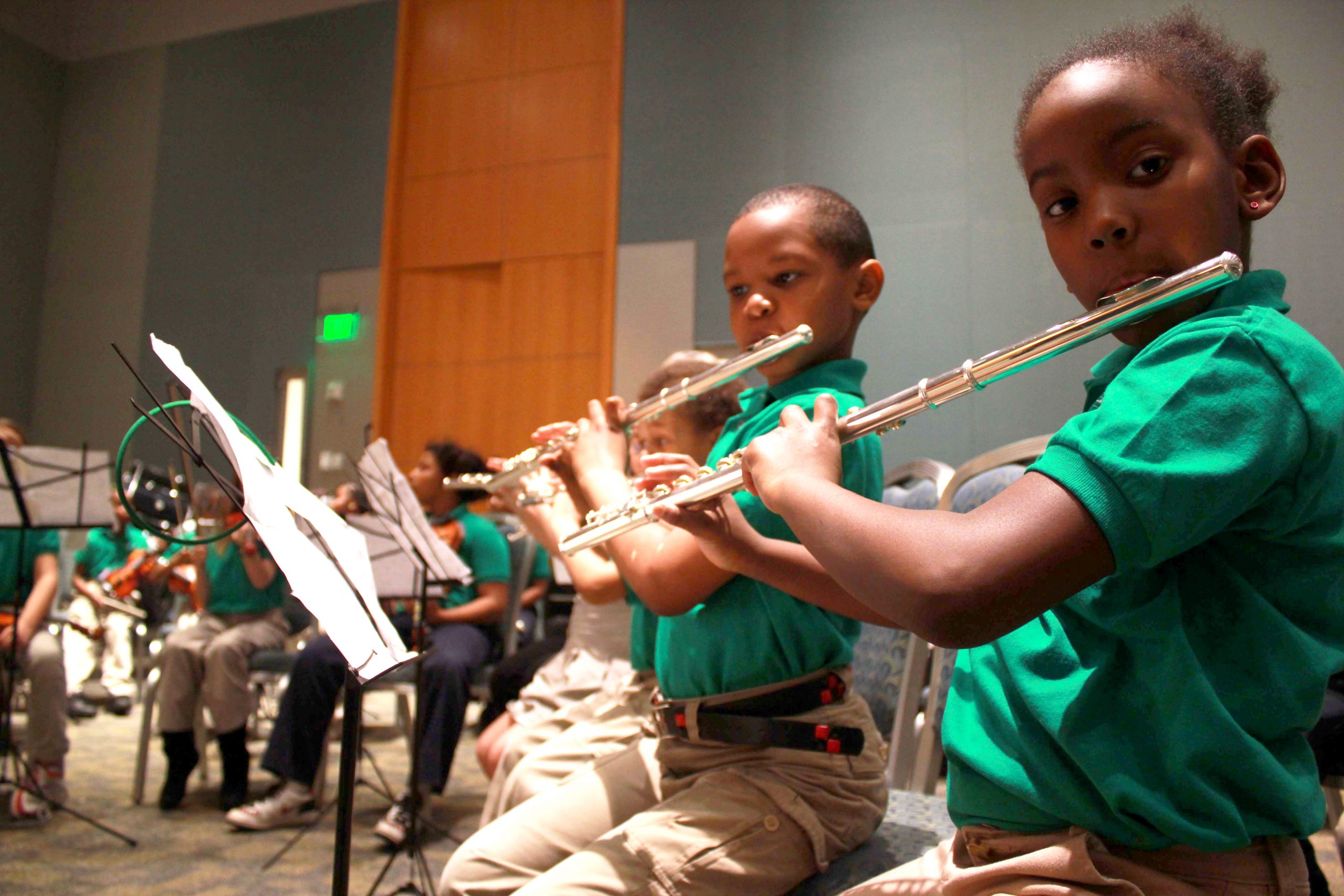 In my own experience initiating and executing an El Sistema program as an afterschool supplement to an already existing school-based music program, I noticed some of the same tensions between even the best of professionals. These sorts of tensions arise very naturally for us. As musicians, we spend hours refining nuances in practice rooms, and then perform for others, waiting for them to find the tiniest imperfection, point it out, and urge us to greater perfection. The university-level experience conditions us to be critical – of ourselves and others – and to pursue perfection.
In my own experience initiating and executing an El Sistema program as an afterschool supplement to an already existing school-based music program, I noticed some of the same tensions between even the best of professionals. These sorts of tensions arise very naturally for us. As musicians, we spend hours refining nuances in practice rooms, and then perform for others, waiting for them to find the tiniest imperfection, point it out, and urge us to greater perfection. The university-level experience conditions us to be critical – of ourselves and others – and to pursue perfection. -

UpClose: George Hattendorf
Mike Lawson | October 18, 2014Concert bands and chamber groups drive Mountain Ridge High School’s comprehensive band program
Read More...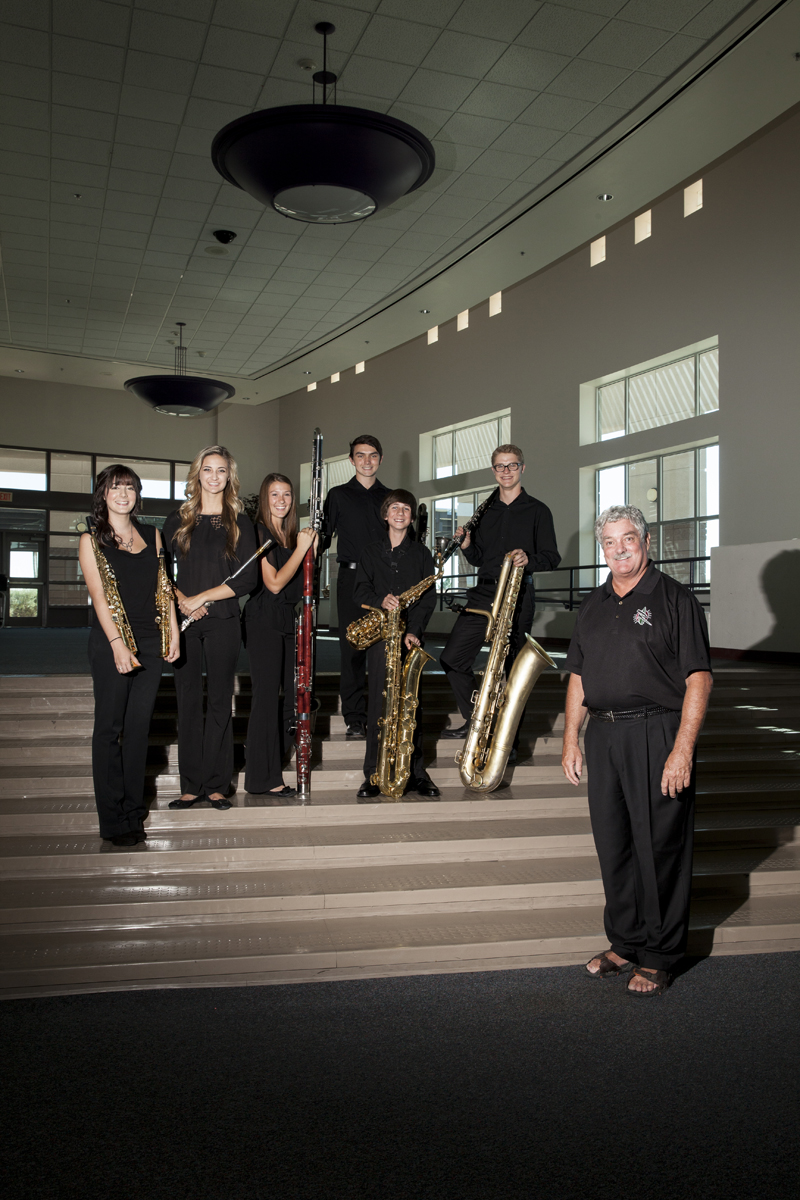 If the performance opportunities offered to students are an indicator of a school music program’s vitality, George Hattendorf’s Mountain Ridge High School band program in Glendale, Arizona is positively thriving. Over the past decade, Hattendorf has overseen the development of an array of extracurricular, chamber-style ensembles that augment the Mountain Ridge concert and marching bands in what he describes as a “win-win” situation. “The kids are able to utilize a number of their skill sets from their concert band experience in the small groups,” he reasons, “and they’re also able to take skills that they learn in the chamber aspect and bring it back to the larger group.”
If the performance opportunities offered to students are an indicator of a school music program’s vitality, George Hattendorf’s Mountain Ridge High School band program in Glendale, Arizona is positively thriving. Over the past decade, Hattendorf has overseen the development of an array of extracurricular, chamber-style ensembles that augment the Mountain Ridge concert and marching bands in what he describes as a “win-win” situation. “The kids are able to utilize a number of their skill sets from their concert band experience in the small groups,” he reasons, “and they’re also able to take skills that they learn in the chamber aspect and bring it back to the larger group.” -

UpClose: Michael Echols and Chris Moore
Mike Lawson | September 17, 2014Cultivating Grit and Stoutheartedness
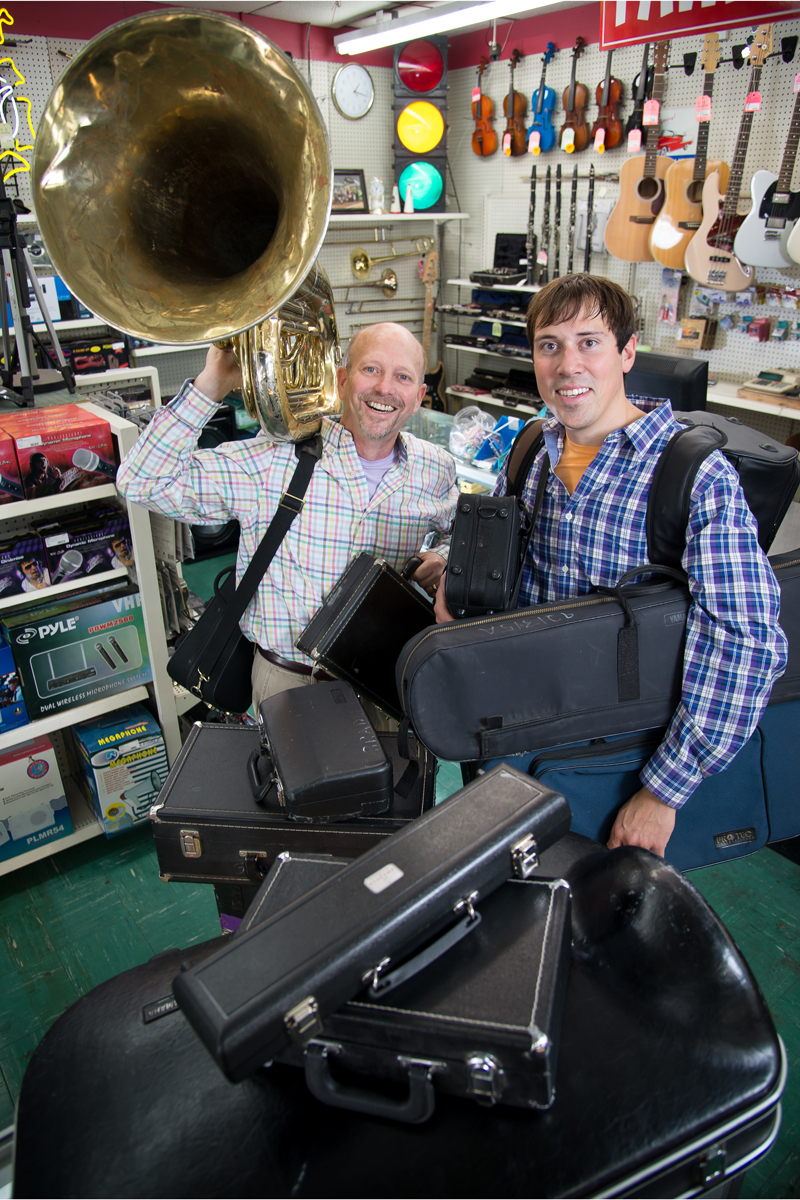 Significant achievements rarely happen without significant investment. While this may be particularly obvious within the music education community, where it’s a given that quality performance doesn’t happen without an investment in time, energy, focus, and commitment, a team of educators in Springdale, Arkansas has taken the concept of investment to a whole new level.
Significant achievements rarely happen without significant investment. While this may be particularly obvious within the music education community, where it’s a given that quality performance doesn’t happen without an investment in time, energy, focus, and commitment, a team of educators in Springdale, Arkansas has taken the concept of investment to a whole new level.Michael Echols and Christopher Moore are the band directors at George Junior High School, a school with some 620 eighth and ninth graders, about 500 of whom participate in the school’s music offerings. Over the past decade or so, the vibrant population in Springdale that feeds George Junior High and nearby Kelly Middle School has been struggling economically. Some parents have been put out of work, and with the many newcomers to this country in the area, – GJHS hosts a program for students arriving in the U.S. for the first time – others did not have the standard credit cards, bank accounts, or social security numbers needed to carry on normal business practices.
Eventually, it became evident that students and their families were largely unable to purchase instruments. Faced with watching their program slip through their fingers, Mike and Chris realized that in order to keep the program going, they would have to buy used musical instruments themselves so they could then put them in the hands of their students. Daniel Hodge, the band director at Springdale High School, described their efforts as “literally putting the band program on their backs to allow the students the opportunity to succeed.”
Read More...




